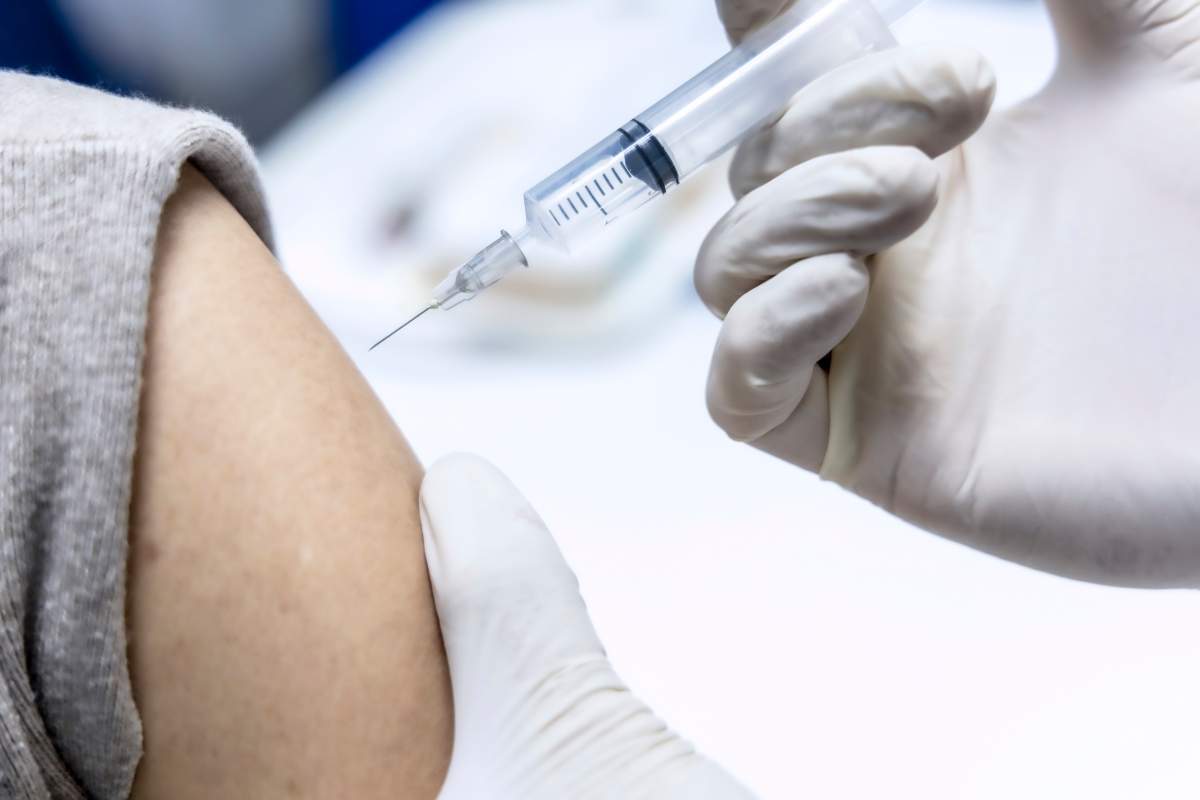Canada is facing a shortage of hepatitis A vaccines due to increased demand and shipping delays, which may persist until the spring, according to manufacturers.

There are several types of hepatitis A vaccines in Canada that are manufactured by three companies: Sanofi, GlaxoSmithKline Inc. (GSK) and Merck. In an email to Global News on Wednesday, Health Canada said all three companies are reporting shortages of at least one of their hepatitis A vaccines.
“Health Canada is actively looking into these shortage reports to determine the impact on the Canadian healthcare system and patient access,” a Health Canada spokesperson said in an email.
Hepatitis A is a viral infection that primarily affects the liver. It is typically transmitted through the consumption of contaminated food or water, or close contact with an infected person (via stool), according to Health Canada.
Raw fruits and vegetables as well as raw or undercooked shellfish are common food sources of hepatitis A.

People can carry the virus without showing symptoms and then spread it to others. Infection severity varies, with cases ranging from mild, lasting a few weeks, to severe, extending over several months. Common symptoms include fever, loss of appetite, stomach cramps, jaundice, dark urine and fatigue.

Get weekly health news
Although Health Canada said it is rare for healthy adults to die from the infection, hepatitis A is more serious and can be fatal for pregnant people, particularly those in their third trimester.
There are several approved vaccines for hepatitis A in Canada. Shortages include:
- Sanofi is reporting a shortage of Avaxim, as a result of an increase in demand, with an estimated end date of March 30.
- GSK is reporting a shortage of HAVRIX 1440, as a result of delays in shipping, with an estimated end date of Feb. 26.
- Merck Canada reporting a shortage of VAQTA, as a result of an increase in demand, with an estimated end date of April 1.
The hepatitis A vaccine requires two doses for full effectiveness. One dose of the vaccine should be given for primary immunization with a booster dose given at least six to 36 months later, Health Canada said.
Health Canada reports that after one dose, 95 per cent to 100 per cent of vaccine recipients develop protective levels of antibodies against hepatitis A. Almost all individuals develop antibodies against the hepatitis A virus after receiving the second dose.
The vaccine is recommended for pre-exposure immunization of people aged six months of age and older at increased risk of infection. This includes travellers heading to hepatitis A endemic countries, those with chronic liver disease and men who have sex with men.

Hepatitis A is one of the most common vaccine-preventable diseases in travellers, Health Canada warned. Protection against the virus is recommended for all travellers to endemic countries, especially to rural areas or places with inadequate sanitary facilities.
“If patients and/or caregivers are concerned about their access to, or the supply of, a specific drug, or vaccine, they should speak with their primary health care provider about other potential treatment options or alternatives,” the Health Canada spokesperson said.
— with files from Global News’ Saba Aziz








Comments
Want to discuss? Please read our Commenting Policy first.